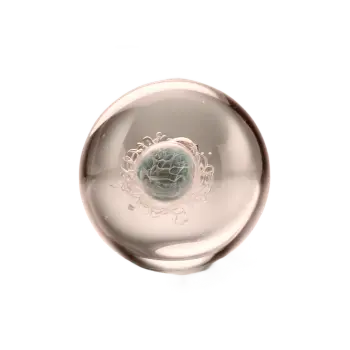What is bilirubin?
Bilirubin is a waste product that is formed as a result of the breakdown of hemoglobin, the red blood pigment, in the body. When red blood cells are broken down, hemoglobin is released, which is then converted to bilirubin in the liver of the cow. Bilirubin is transported in the blood to the liver, where it is bound to glucuronic acid and excreted in the bile. Bile, which contains bilirubin, is transported to the intestine and contributes to the breakdown of fats in the digestive system. In the intestine, bilirubin is converted to urobilinogen, which gives the stool its characteristic brownish color.
Why analyze bilirubin?
Bilirubin is analyzed because it is an important marker in assessing liver function and to diagnose various diseases related to the liver and biliary tract. By measuring the levels of p-bilirubin in the blood, you can get answers to a possible deviation or imbalance in production.
What does a high bilirubin value mean?
High levels of bilirubin can indicate problems such as liver diseases such as hepatitis or cirrhosis, bile duct obstruction, gallstones, liver damage caused by drugs or toxins, or other diseases that affect bile production. In some cases, alcohol can also affect bilirubin levels, especially if consumption is excessive and prolonged, which makes bilirubin particularly interesting to analyze in cases of prolonged alcohol consumption.
What does a low bilirubin value mean?
Low bilirubin concentrations are often interpreted as good and rarely require further investigation or treatment. Low levels of bilirubin are considered normal and can be the result of several factors such as; healthy liver function, normal variation and faster metabolism of bilirubin.
Bilirubin analysis can be included as part of a routine health check or as a specific test for suspected liver disease, jaundice or in connection with an alcohol consumption test. The results of the bilirubin analysis can provide you with valuable information for diagnosis, treatment follow-up and monitoring.



































